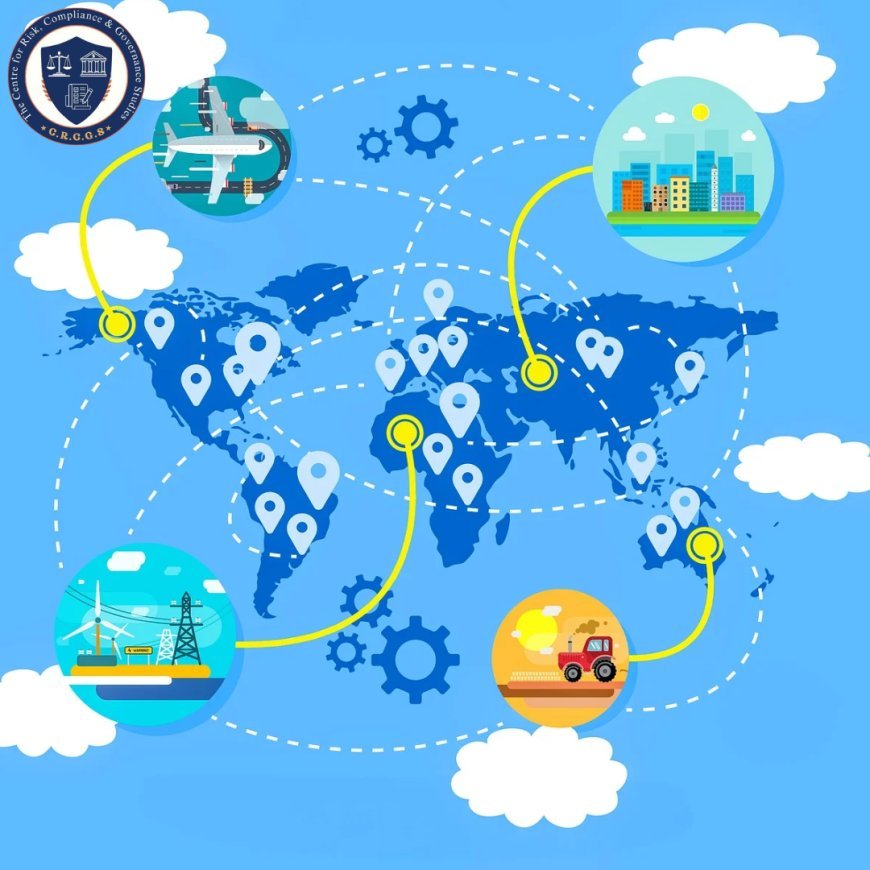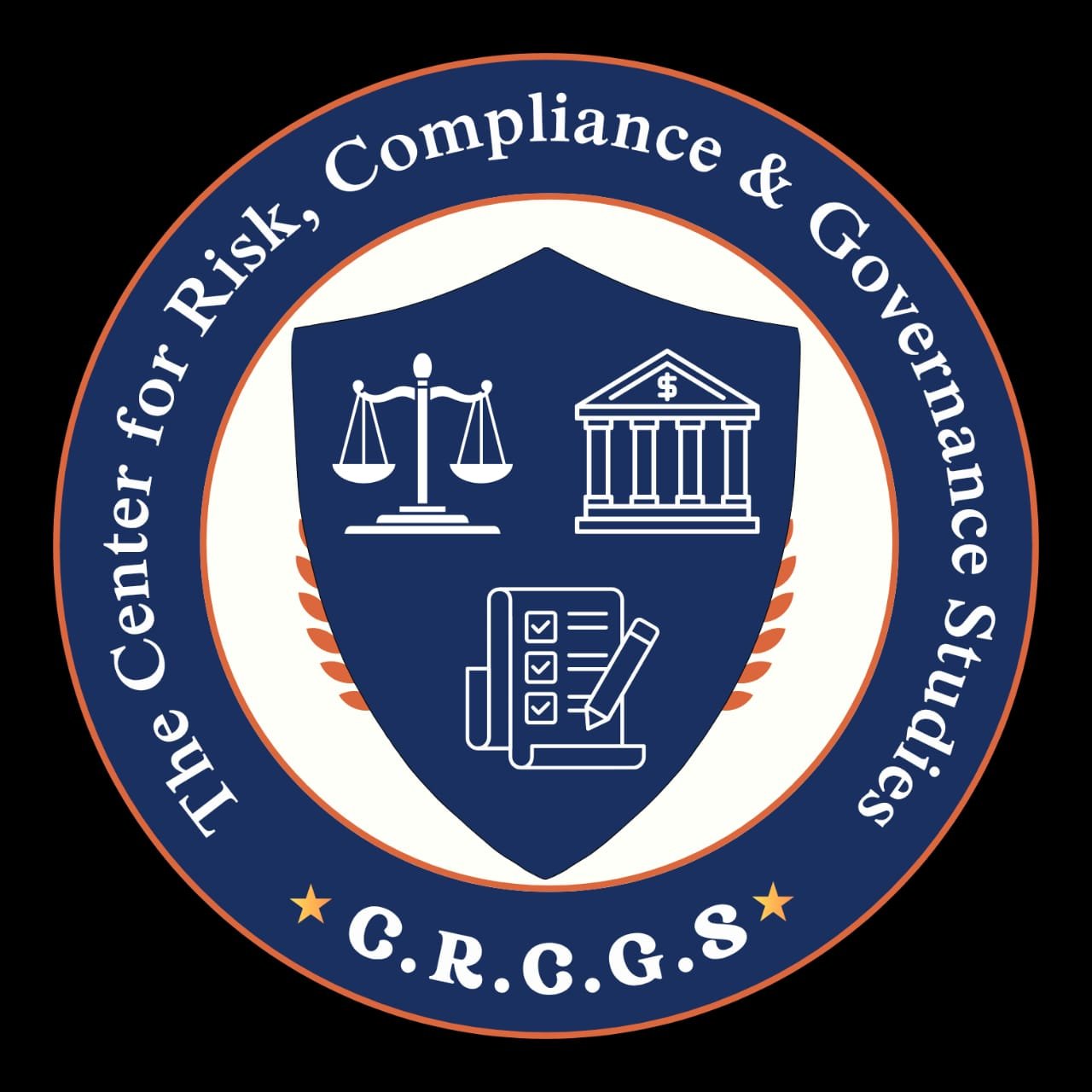International Financial Crime Regulations: OFAC, FinCen, FATF, and Others

The stability and integrity of international financial systems are seriously threatened by financial crime in today's interconnected world. In order to prevent financial crimes such as money laundering, terrorist financing, and sanctions evasion, regulatory agencies in various jurisdictions are constantly improving their frameworks. For those working in compliance, risk management, and financial services, it is essential to comprehend the major players, including FATF, FinCen, OFAC, and others.
1. FATF, or the Financial Action Task Force
FATF is an intergovernmental organisation that establishes global guidelines for preventing the financing of proliferation, terrorist financing, and money laundering.
FATF influences international AML/CFT regulations even though it lacks enforcement authority by:
- Creating recommendations that have been embraced by more than 200 nations and jurisdictions.
- Assessing countries' compliance through reciprocal evaluations.
- Disseminating grey and blacklists to pinpoint high-risk jurisdictions.
2. The FinCEN (Financial Crimes Enforcement Network)
The U.S. Department of the Treasury's FinCen bureau is essential in gathering and analysing financial transaction data in order to identify and stop illegal activity. Under the Bank Secrecy Act (BSA), it upholds AML regulations and assists with both domestic and foreign investigations.
Important roles include:
- Providing financial institutions with AML guidelines and regulations.
- Overseeing the filing of Suspicious Activity Reports (SARS).
- Encouraging the private sector and law enforcement to share data.
3. Foreign Assets Control Office (OFAC)
U.S. trade and economic sanctions are administered and enforced by OFAC. Individuals, organisations, and nations engaged in terrorism, drug trafficking, violations of human rights, and other dangers to U.S. foreign policy and national security are the targets of these sanctions.
Among the duties are:
-
Preserving the list of Specially Designated Nationals (SDNS).
-
Using fines and settlements to enforce compliance.
-
Granting licenses for approved transactions by particular sanctions schemes.
4. Authorities of the European Union (such as the AMLA and EBA)
Several organisations share regulatory oversight within the European Union:
-
Technical standards and guidelines for AML/CFT in the banking industry are provided by the European Banking Authority (EBA).
-
The future Anti-Money Laundering Authority (AMLA) seeks to improve cross-border AML coordination and centralise oversight within the EU.
5. UK's Financial Conduct Authority (FCA)
In the UK, financial services companies and markets are governed by the FCA.
Among its AML duties are:
-
Monitoring adherence to the Money Laundering Regulations (MLRs).
-
Penalties for non-compliance are issued, and financial institutions are subject to
risk assessments and thematic reviews.
-
Other Famous Persons
-
AUSTRAC (Australia): Regulates reporting organisations and enforces AML/CTF laws.
-
To support national security, FINTRAC (Canada) gathers and evaluates financial intelligence.
-
Hong Kong's HKMA oversees licensed institutions and puts AML/CFT controls into place.
-
MAS (Singapore): Manages AML/CFT adherence in fintech and financial markets.
Conclusion
A thorough awareness of the various roles that each body plays is essential for navigating the global regulatory environment in financial crime. These regulators influence the compliance requirements that financial institutions must fulfil globally, from standard-setting (FATF) to enforcement (OFAC, FinCen). Keeping abreast of regulatory changes, risk indicators, and enforcement patterns is not only essential for compliance but also a tactical benefit for shielding organisations from legal and reputational threats.
Join us to learn about the most recent developments in global enforcement trends, regulatory updates, and financial crime compliance.

 CRCGS
CRCGS 





